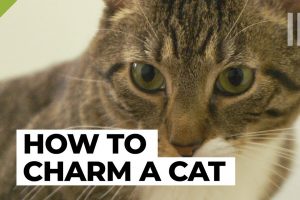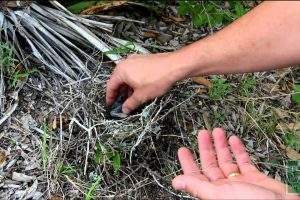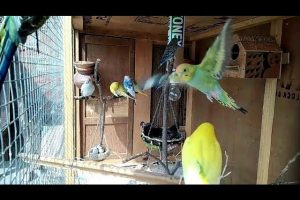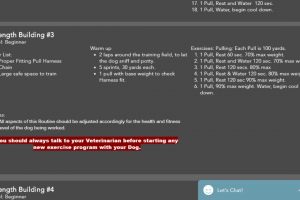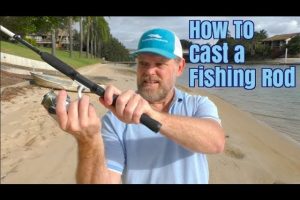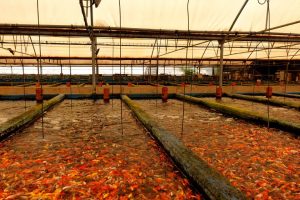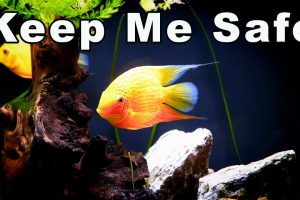This video is about how to research reptile care properly, in a way that bypasses misinformation and blatent folklore husbandry. I break down the many pros and cons of different methods of how to research reptile care and work through them in the following order: websites,books and journal articles.
I want to discuss the trend that we see and the current state of the hobby regarding the way people do their research with reptile care. We have the internet at our fingertips, and with that, the potential to find a limitless supply of information, that previously people may not have had access to. Now, unfortunately, the major caveat to the internet is that, just as it is easy to seek information it is easy to give it. With no fact checking, editorial reviews or required qualifications needed for someone to give out husbandry information online. People can be easily be led astray from facts and science and begin perpetuating husbandry myths believed to be true but lack any real scientific evidence to support these claims. In the animal industry this is termed “folklore husbandry”. Both the hobby and the zoo world should be shifting towards evidence-based husbandry tested with scientific rigor.
Because of this, I encourage you to seek good, science based research and not accept what every joe and Karen on the internet claim to be true.
Okay so im going to break down what good research is for everyone and why googling care guides for anything other than a rough draft in your mind can lead you with misinformation and blatant folklore husbandry.
So lets start with what most people start with, googling care guides. The problem with websites and blogposts containing care guides is that anyone can make then with no real authority on the subject. Its why a lot of newcomers to this hobby complain about so much conflicting information online, because people with different “beliefs” on the subject can give any old advice. Now its important that we highlight that, because a lot of what you see on care guides is things that people believe to be true such as not keeping a bearded dragon on loose substrate. A healthy bearded dragon under the right environmental parameters should absolutely be on loose substrate to fulfil its welfare requirements. But that’s a topic for another video. Using websites as a part of your research can be okay when it is from a reputable source and when its used alongside the other avenues for research. Its when a singular source that has no clear author or includes no reference to source material is taken as gospel, and then spread across the internet until it becomes so ingrained within folklore husbandry in the hobby that its difficult to remove even when science proves its to the detriment to the animal. Im talking about you Karen’s of facebook, and petubers.
The next slightly more respected avenue to research is books, often books are required to be checked by an editor as well as potential peers. There is a clear author stated that the researcher can background check should they wish and examine qualifications, relative experience in the field, as well as look up other literature written by the same author. The only issue with books is that by the time the material makes it to publishing, the information may be outdated or does not age well. Notable must have books include anything produced by arcadia, they are still very up to date and in many peoples opinions, ahead of their time.
Finally, the most vital research avenue is scientific research journal papers, these are often written by an individual or a team of researchers who are qualified, have an understanding of data collection, and have to jump through very lengthy hoops to get their work published. And even then it has to go through rigorous scrutiny from other members of the scientific community as well as the editors of the journal the paper has been submitted to. Its worth noting that many of the scientists submitting papers actually have to pay to have their work published. And when its published other scientists may scrutinise it further. The idea is what is left is well written, well tested science that pays no notice to folklore husbandry or beliefs but instead challenges them or proves them true. Lots of papers are published each year, refuting old information and advancing into better care. Science is ever changing. That’s why keepers that use the argument that they have been doing things for x amount of years the same way are using a flawed excuse, if you stop progressing and stop evolving there is something wrong there.
Now im going to show you how to search papers yourself, for the purpose of this video we are going to stick to one search method to avoid confusion. Hopefully now you will know how to research reptile care properly.
Thank you for watching, how to research reptile care. Properly!
View Original Source












